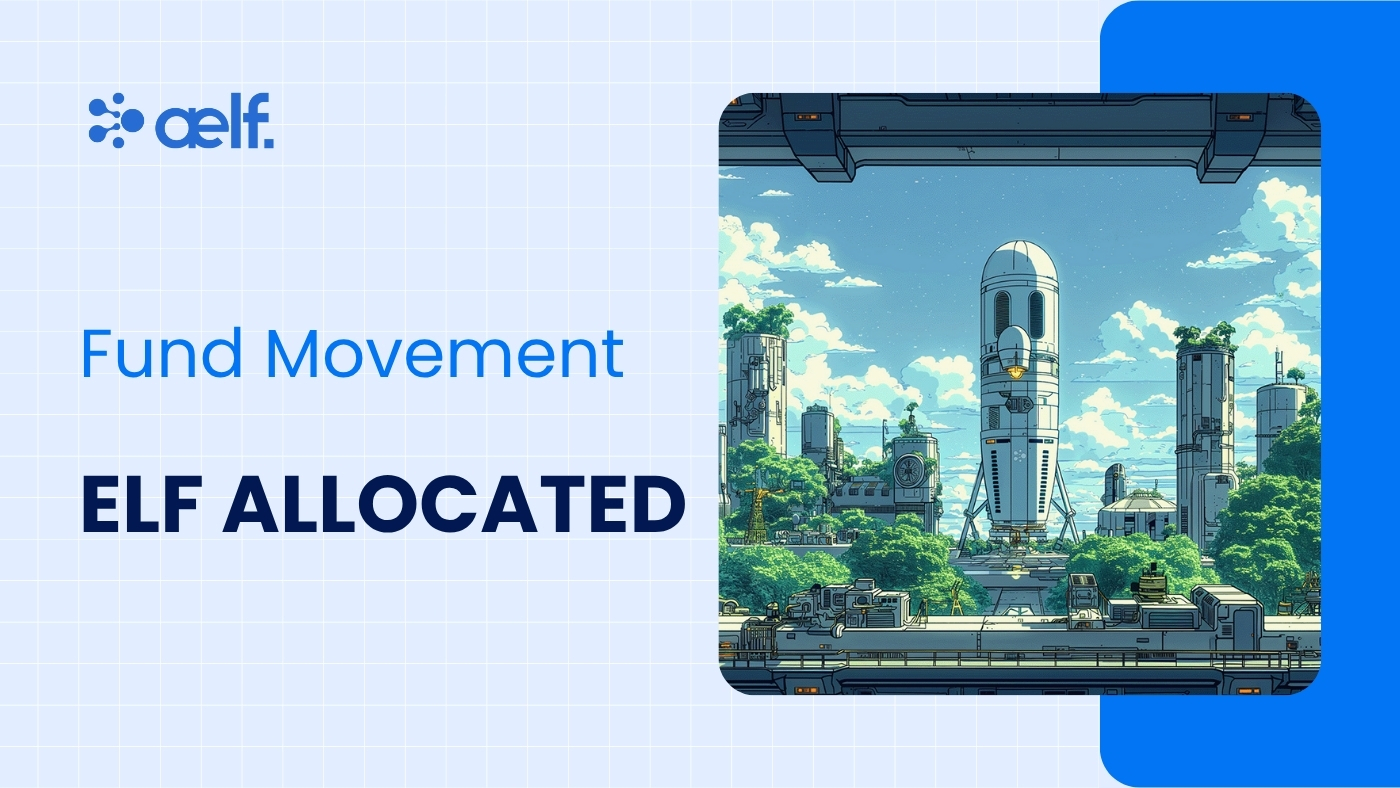In the whirlwind of 2021, the Play to Earn (P2E) concept took the gaming industry by storm, promising an unprecedented convergence of entertainment and financial rewards. However, the meteoric rise of P2E was met with a swift and brutal decline, leaving behind a trail of disillusioned players and unsustainable economic models. The central issue with P2E was its inherent focus on monetary incentives rather than intrinsic gaming enjoyment. As the allure of hefty rewards dwindled, player engagement plummeted, exposing the inherent fragility of the P2E model.
This begs a crucial question: Can GameFi, the overarching concept of blockchain-based gaming, and its P2E component evolve into sustainable revenue-generating models? To answer this question, let's delve into the complexities of GameFi and explore potential solutions that could revitalise this promising sector.
The Dawn of GameFi
The early days of GameFi, particularly the P2E wave, focused on demonstrating the potential of blockchain technology to address long-standing issues in the gaming industry. One such issue was the lack of true ownership for players over their in-game assets. Blockchain-based games empowered players with unprecedented control over their digital possessions, a revolutionary step towards a more equitable and player-centric gaming landscape. However, this pursuit of ownership came at the expense of other crucial aspects of gaming, such as gameplay, community, and sustainability.
The Pitfalls of P2E
The core problem with P2E lies in its emphasis on extrinsic rewards over intrinsic motivation. Players gravitated towards P2E games not for the thrill of gameplay but for the prospect of substantial financial gains. This mercenary approach eroded the very essence of gaming, transforming it into a mere chore rather than a source of leisure and enjoyment.
The unsustainable nature of P2E economics further exacerbated its downfall. The promise of lucrative rewards attracted a surge of players, creating a surge in demand for in-game tokens. However, they will also cash out too quickly, causing the value of these tokens to plummet, leaving players with diminishing returns and a dwindling incentive to continue playing.
Reimagining GameFi: A Path to Sustainable Revenue Generation
With the initial promise of GameFi established, it's time to refine the concept and address the shortcomings of the P2E era. The focus should shift towards creating truly engaging and enjoyable gaming experiences that seamlessly integrate blockchain technology and its benefits, such as true ownership and decentralised decision-making.
By striking a balance between intrinsic and extrinsic rewards, fostering a thriving community, and adopting sustainable economic models, GameFi can evolve into a thriving sector that revolutionises the gaming industry and establishes a new paradigm for player ownership, engagement, and value creation.
Here are 4 Key Strategies to cultivate Sustainable GameFi:
- Prioritise Game Design and Engagement: The foundation of sustainable GameFi lies in captivating gameplay that intrinsically motivates players. Engaging mechanics, compelling narratives, and stunning visuals should form the core of all gaming experiences.
- Balance Rewards with Enjoyment: While monetary incentives can still play a role, they should complement, not overshadow, the intrinsic enjoyment of gameplay. Rewards should be seamlessly integrated into the game's design, enhancing the overall experience rather than driving it.
- Embrace Diverse Revenue Streams: Beyond in-game tokenomics, GameFi can explore alternative revenue streams such as subscriptions, cosmetic items, and user-generated content marketplaces. This diversification can mitigate risks and provide a more stable financial foundation.
- Foster Community Governance: Empowering players through community governance models can foster a sense of ownership and engagement. This can lead to more sustainable tokenomics and a more aligned ecosystem.
We deep-dive into the four strategies here.
Conclusion: A Promising Future for GameFi
GameFi holds immense potential to revolutionise the gaming industry, but its success hinges on a shift from unsustainable P2E models to a more balanced approach that prioritizes both enjoyment and financial viability. By implementing well-designed tokenomics, fostering engaging gameplay, and building a strong community, GameFi can create sustainable revenue models that benefit both players and developers. As the industry continues to evolve, the potential for GameFi to transform the way we play and earn is limitless.
In this endeavour, aelf's aelevate initiative plays a crucial role in supporting sustainable GameFi development. Through comprehensive support, including grants, access to a network of experts, and mentorship, aelevate empowers studios to overcome the barriers to entry and navigate the complexities of blockchain gaming. This initiative is a testament to aelf's commitment to shaping a thriving and sustainable future for GameFi.
*Disclaimer: The information provided on this blog does not constitute investment advice, financial advice, trading advice, or any other form of professional advice. Aelf makes no guarantees or warranties about the accuracy, completeness, or timeliness of the information on this blog. You should not make any investment decisions based solely on the information provided on this blog. You should always consult with a qualified financial or legal advisor before making any investment decisions.
About aelf
aelf, the pioneer Layer 1 blockchain, features modular systems, parallel processing, cloud-native architecture, and multi-sidechain technology for unlimited scalability. Founded in 2017 with its global hub based in Singapore, aelf is the first in the industry to lead Asia in evolving blockchain with state-of-the-art AI integration, transforming blockchain into a smarter and self-evolving ecosystem.
aelf facilitates the building, integrating, and deploying of smart contracts and decentralised apps (dApps) on its Layer 1 blockchain with its native C# software development kit (SDK) and SDKs in other languages, including Java, JS, Python, and Go. aelf’s ecosystem also houses a range of dApps to support a flourishing blockchain network. aelf is committed to fostering innovation within its ecosystem and remains dedicated to driving the development of Web3, blockchain and the adoption of AI technology.
Find out more about aelf and stay connected with our community:
Website | X | Telegram | Discord


.jpg)
